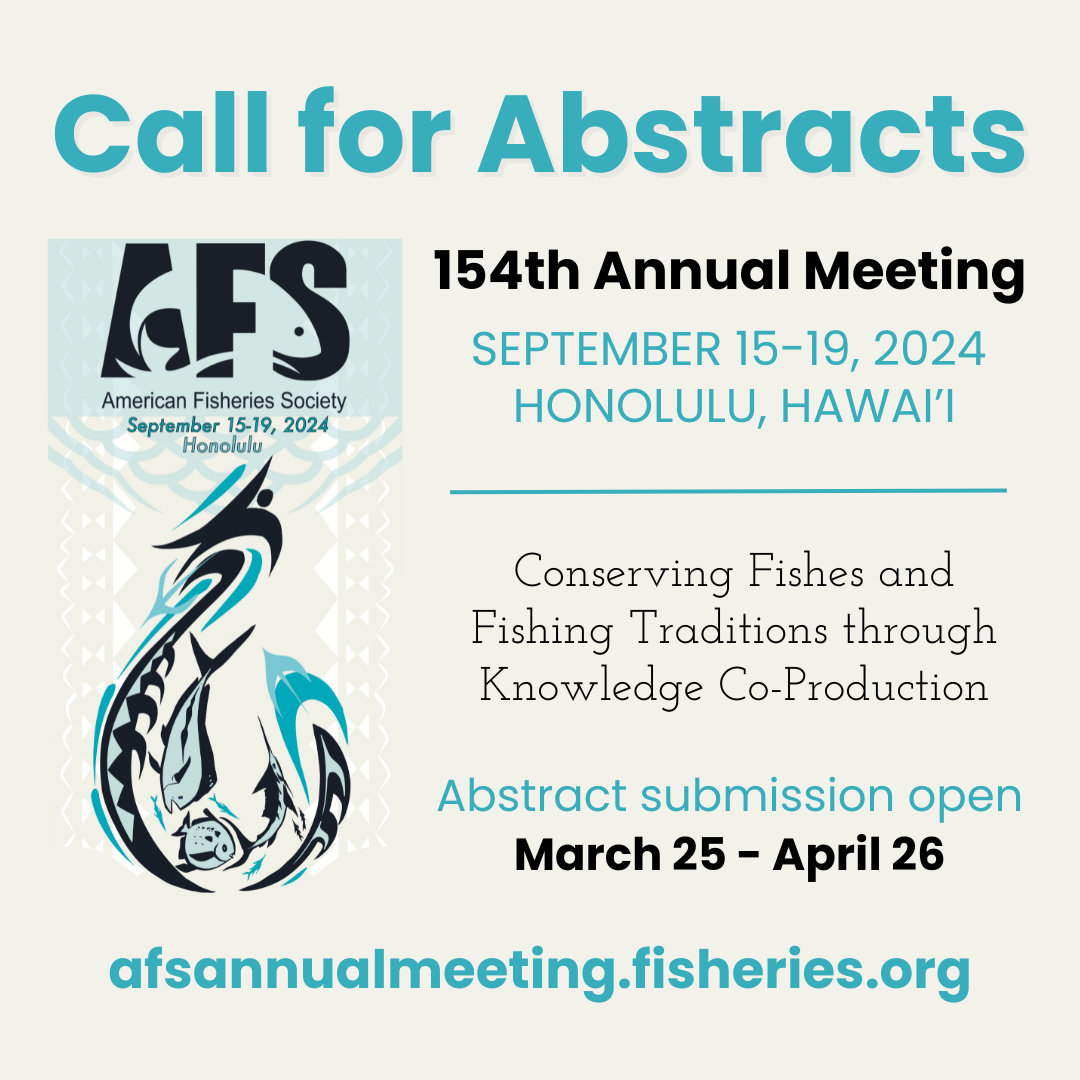December 21, 2018
Andrew Wheeler, Acting Administrator
Environmental Protection Agency
1200 Pennsylvania Avenue NW
Washington, DC 20460
R.D. James
Assistant Secretary of the Army (Civil Works)
Department of the Army
108 Army Pentagon
Washington, D.C. 20310-0108
Email delivery to: [email protected]
RE: Request for Extension to Comment on Docket ID No. EPA–HQ–OW–2018–0149
Dear Acting Administrator Wheeler and Assistant Secretary James:
On behalf of our millions of members and supporters, the undersigned hunting, fishing, and conservation groups respectfully urge your agencies to extend the period during which you will accept citizen input on the comment period for the above-referenced docket to ensure at least a 200-day comment period to address the agencies’ proposal to replace the 2015 Clean Water Rule.
The planned 60-day comment period minimizes the input of the more than one million people who participated in the development of the 2015 Rule and more than 685,000 people who submitted comments during the initial attempt to repeal the Rule. It is also an inadequate amount of time for stakeholders to engage meaningfully in this rulemaking process. Many of our members and supporters are currently out pursuing their hunting passions, and a shortened comment period leaves them with little time to voice their opinions about a rulemaking that will greatly affect their way of life.
EPA and the Army Corps adopted the 2015 Clean Water Rule to clarify longstanding confusion over which water bodies were protected under the Clean Water Act. The Rule was also based upon well-established legal interpretations of the Clean Water Act, closely tracking Justice Kennedy’s pivotal “significant nexus” standard for determining the “waters of the U.S.”
With this rulemaking, the agencies propose to remove Clean Water Act protections for streams that only flow following rainfall, as well as wetlands that are not physically connected to larger waterways. Based on the Army Corps and EPA’s own analysis, at least 18 percent of stream miles and 51% of wetlands nationwide would lose Clean Water Act protections, irreversibly harming the habitat for fish and wildlife that hunters and anglers rely on.
Given the agencies’ numerous requests for detailed feedback during this comment period and the length of the comment period for the 2015 Rule, a minimum of a 200-day comment period should be required. Replacing the 2015 Clean Water Rule would have significant ramifications our nation’s waters and for the effective and efficient implementation and enforcement of the Clean Water Act. For a rule of this nature, the agencies must provide an opportunity for “meaningful and informed” comment. S. Carolina Coastal Conservation League v. Pruitt, Case # 2:18 cv 00330-DCN, D. Ct. (S. Car.) (8/16/18). That court found the abbreviated public comment period for the administration’s attempt to delay the effective date of the 2015 Clean Water Rule an important factor in its ruling that the delay rulemaking was invalid under the Administrative Procedures Act.
This proposed rulemaking must be subject to the same rigorous review applied to the 2015 Clean Water Rule, developed over four years during which the agencies held 400 meetings with a variety of stakeholders including small business owners, farmers, energy companies, states, counties, municipalities, other federal agencies, sportsmen and conservation groups, and environmental organizations. Additionally, the agencies allowed for more than 200 days of public comment that generated over one million comments, and supported the 2015 rulemaking with a 408-page scientific justification.
Yet the Army Corps and the EPA propose to replace the Rule with virtually no public process aside from an informal request for recommendations. In view of the significant ramifications of proposed Rule and the fact that the agencies have provided no scientific basis for changing the existing rule, the public comment period for this proposal should be at least 200 days from the publication of the proposal in the federal register and the public posting of all relevant supporting documents.
Respectfully submitted,
American Fisheries Society
American Woodcock Society
Angler Action Foundation
Backcountry Hunters & Anglers
Bass Anglers Sportsman Society (B.A.S.S.)
Colorado Trout Unlimited
Fly Fishers International
Guy Harvey Ocean Foundation
Izaak Walton League of America
Montana Trout Unlimited
National Deer Alliance
National Wildlife Federation
Pheasants Forever
Pope & Young Club
Quail Forever
Ruffed Grouse Society
Theodore Roosevelt Conservation Partnership
Trout Unlimited





